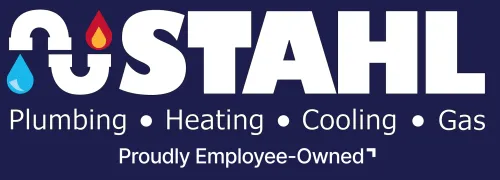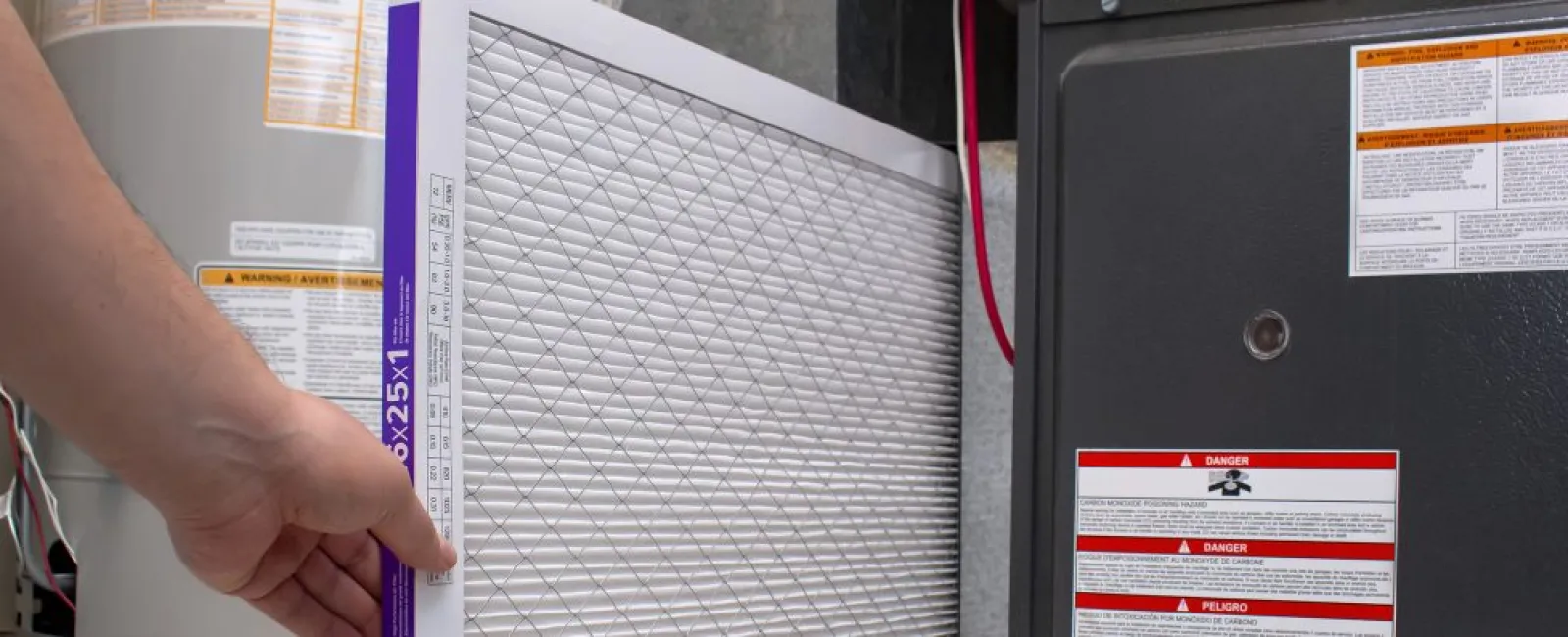When everything is running smoothly in your home, it's easy to forget about the small things that can make a big difference, like when to change a furnace filter. Neglecting this one small step can lead to a variety of issues with your HVAC system. While there are varying schools of thought as to how often should you change your furnace filter, it's better to err on the side of caution.
If your filters are not clean, that means your system is pumping dirty air throughout your home, increasing the amount of dust and allergens you are breathing into your body. This can manifest itself in physical form via headaches, colds, chest pain, and other allergic reactions. Cleaning your air filter could make you feel a whole lot better.
But how often should you change your furnace filter? Use this guide to learn more about the process and why it is important.
How often should furnace filters be changed?
According to the International Association of Certified Home Inspectors (InterNACHI), you should change your air filter at least every three months to avoid having any issues in your home and to keep your system running at maximum efficiency.
You can change a furnace filter either by yourself or with the help of a certified, professional heating and cooling provider if you have any further questions about your system.
What about a faster furnace filter replacement time?
While three months is the standard for how often to replace a furnace filter, your individual circumstances, environment and usage may result in a more accelerated schedule. Some factors that determine how often you should change your filters include:
- The current season's average temperature. Do you have to run your furnace or air conditioner all day long, or is the temperature outside mild enough to keep the system turned off?
- Is it pollen season for plants or trees in your neighborhood? If your car is coated in yellow powder in the morning, that same substance will soon be coating your home's air filter.
- Is there construction being done in the area, has the rainfall been especially light, or is there any other reason for more dust to be airborne?
What are some problems that can occur if I don't replace my filter?
While it may feel like keeping a regular furnace filter change interval is unnecessary, there are some major negatives that can occur if neglected. In addition to the personal affects that may happen, there are these other issues:
- Reduced air flow: HVAC units are designed to have a certain amount of internal airflow, and a dirty air filter reduces the amount of air that gets to you and the system. If you feel as if your home isn't as warm or as cool as the temperature settings would suggest, the air filter could be the culprit.
- System damage: When filters become clogged with air, it can lead to lead to a pressure drop that doesn't allow any air infiltration at all. In addition, a filter exposed to condensation can become moldy. Both issues can have serious consequences for your HVAC system and could lead to costly repairs or a full replacement of the unit.
- Increased electric bills: A dirty air filter will cause your system to work harder in order to get to your desired temperature, which in turn, causes a spike in power. The U.S. Department of Energy says that replacing a dirty, clogged filter with a clean one can lower your air conditioner's energy consumption by 5 percent to 15 percent.
How to tell if your filter is working
- Make a habit of checking your air filter once a month to see if it's clogged. If you see a gray or yellow ashy substance filling the fibers in the filter, it's time to change it for a fresh, clean one.
- If you've gone three months without the filter getting clogged, and you've used it on a regular basis during this time, check the filter to see if you've got the right size. The wrong size of filter can allow air to pass between the filter edges and the wall of the HVAC duct, reducing the efficiency of your filter system.
Another element to consider when thinking about how often to change the furnace filter is the filter itself. The lowest-priced item is not always the best value. Cheap filters, usually sold as loss leaders in a big box or hardware stores, trap a few of the contaminants you want to keep out.
For the best combination of efficiency and cost-effectiveness, as a homeowner, you should stick with the highest-rated pleated or polyester fiber air filters you can find, with a minimum efficiency reporting value (MERV) between 7 and 13, according to the Environmental Protection Agency. They'll keep the air in your home clean and healthy while avoiding the high costs of more expensive filters that do more than you need.

